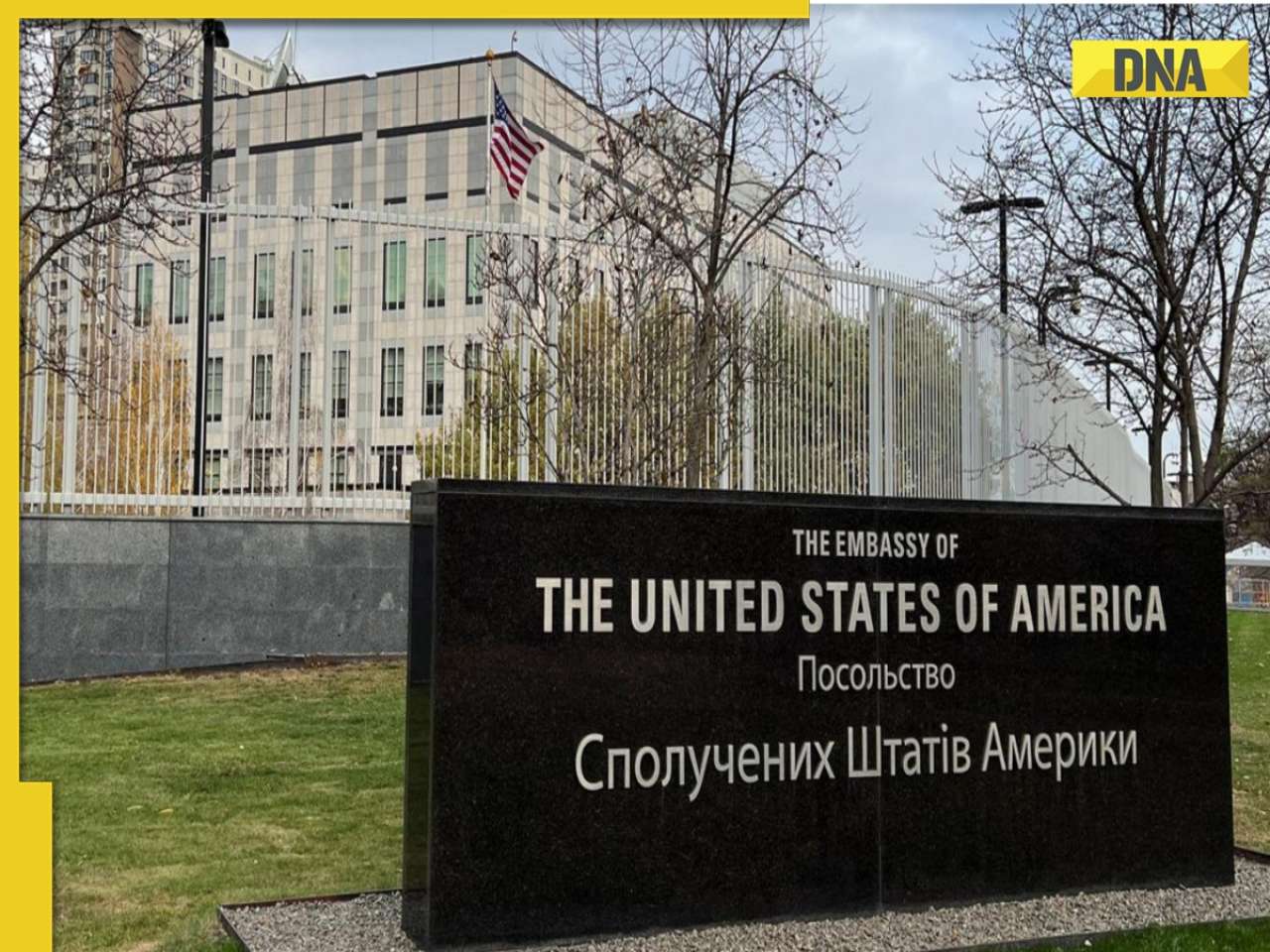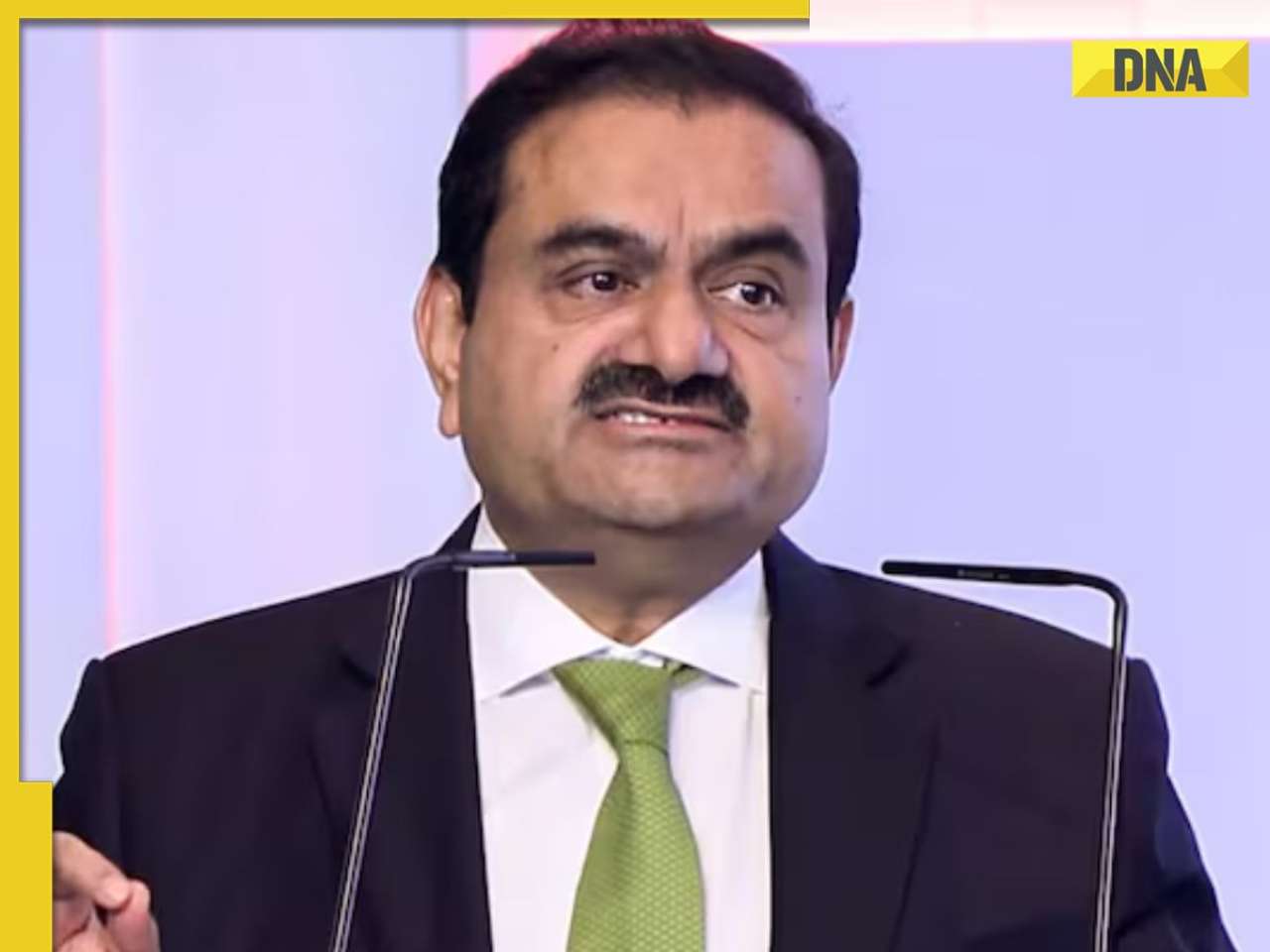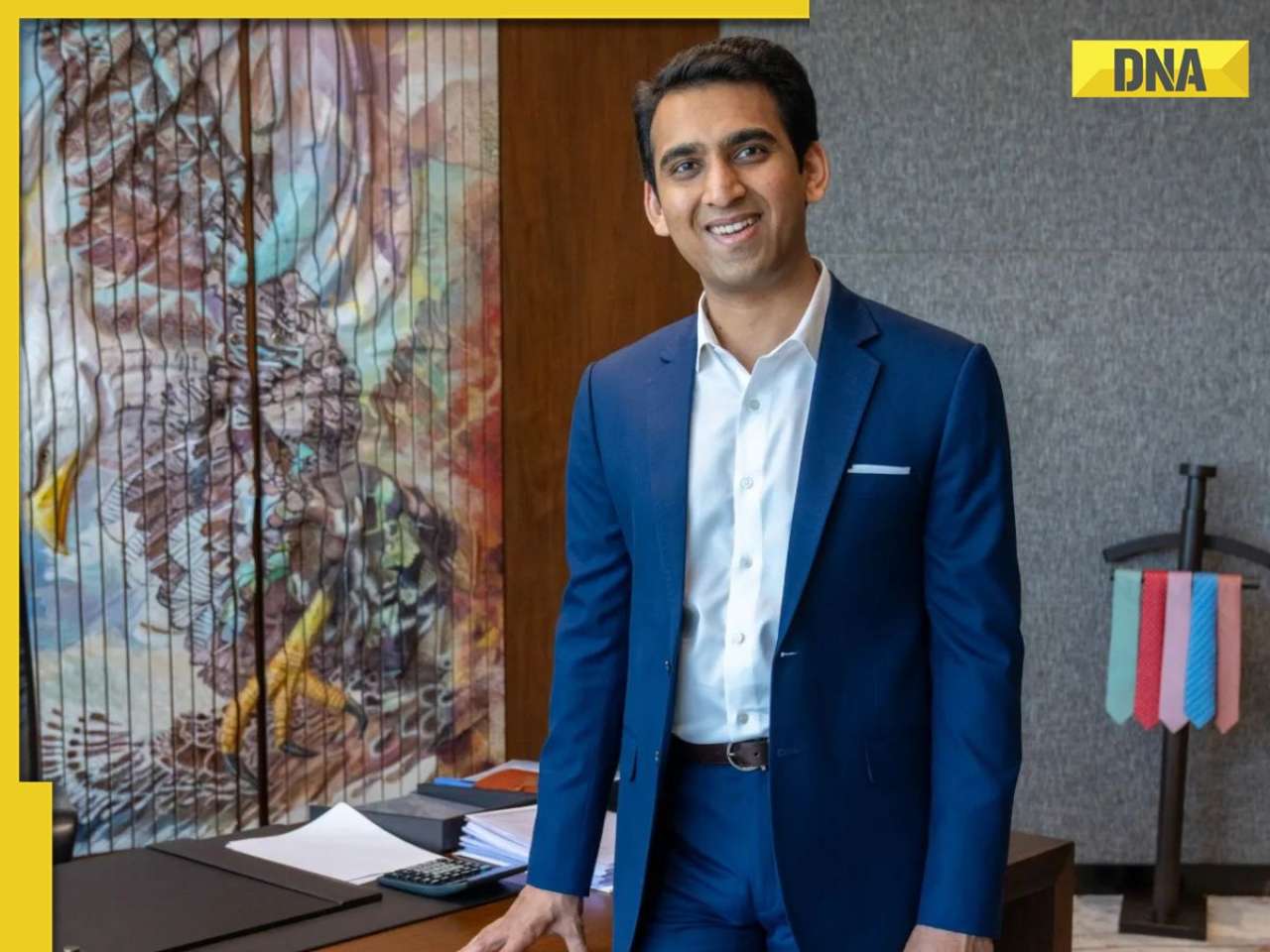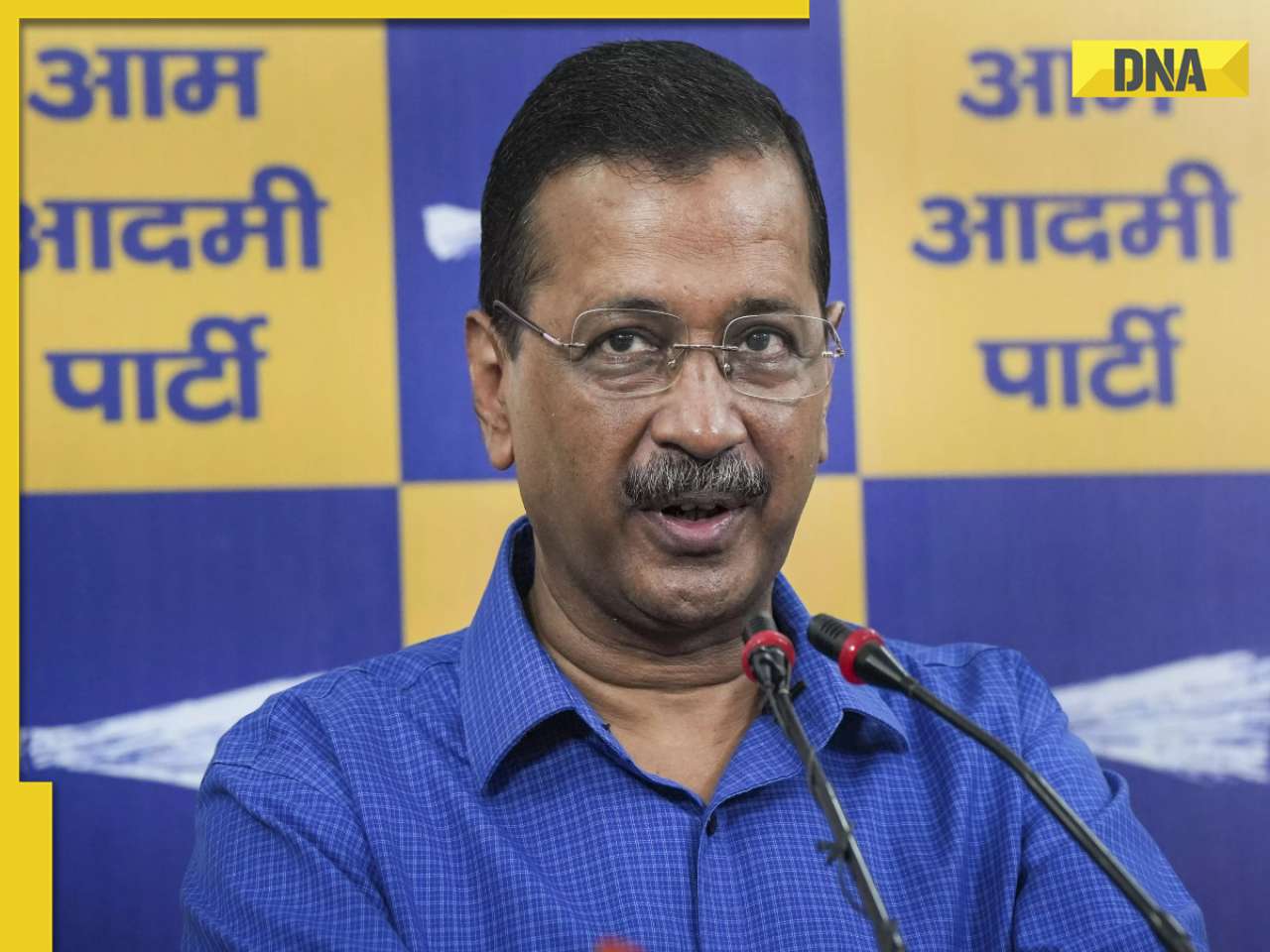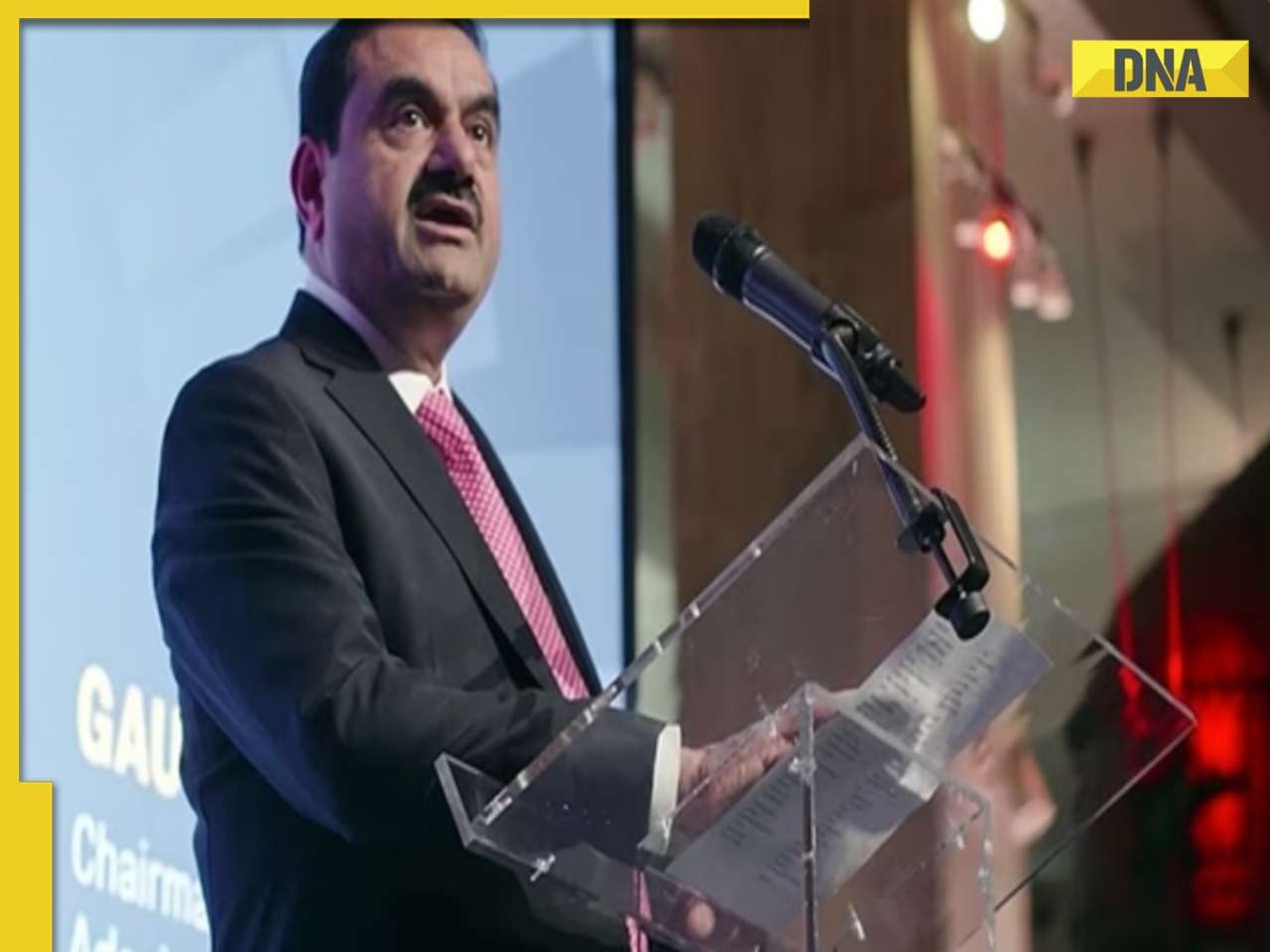- LATEST
- WEBSTORY
- TRENDING
BUSINESS
Ratan Tata's company ends 'legacy steel making' after 100 years, we know the reason
Tata Steel said it is looking ahead to a “brighter, greener future” for the historic site and sustaining more than 5,000 jobs.
TRENDING NOW
Tata Group is known for its products not just in India, but also across the world. The group, once led by Ratan Tata, has also plants outside India where it manufactures and distributes several products. Its Tata Steel is the largest steelmaker in the UK with primary steelmaking at Port Talbot in South Wales. The plant hit a significant milestone on Monday when its Blast Furnace 4 ceased operations after over 100 years. It marked the end of 'legacy' steelmaking. This is because the UK's largest steelworks now transitioning towards greener steelmaking. The Mumbai-headquartered steel giant said it is looking ahead to a “brighter, greener future” for the historic site and sustaining more than 5,000 jobs.
Steelmaking at the site is now set to resume in 2027-2028 as part of a British government-backed investment programme of around GBP 1.25 billion in Electric Arc Furnace-based steelmaking, using UK-sourced scrap steel. The company recently signed a GBP 500 million Grant Funding Agreement with the UK Government allowing it to proceed at pace with the project to install a state-of-the-art Electric Arc Furnace at the Port Talbot steelworks in Wales.
"I am deeply conscious how difficult today is for everyone associated with our business. Throughout this transition, we are doing everything possible to minimise the impact on all those who are affected by the changes we are making,” Rajesh Nair, CEO of Tata Steel UK, said in a statement.
READ | Mukesh Ambani's BIG gift to shareholders, Reliance earns Rs 53652 crore in just 5 days
Tata Steel's UK chief noted how Port Talbot represents a steel plant where industrial processes and new technologies have been introduced over time to enhance output and set standards for other steelmakers. The company said that many of the existing “heavy end” assets, such as blast furnaces and coke ovens, at Port Talbot had reached the end of their operational life. Sustaining the current configuration any longer, or further investment in the traditional heavy end, was not economically or environmentally viable, Tata Steel UK pointed out.
(With inputs from PTI)
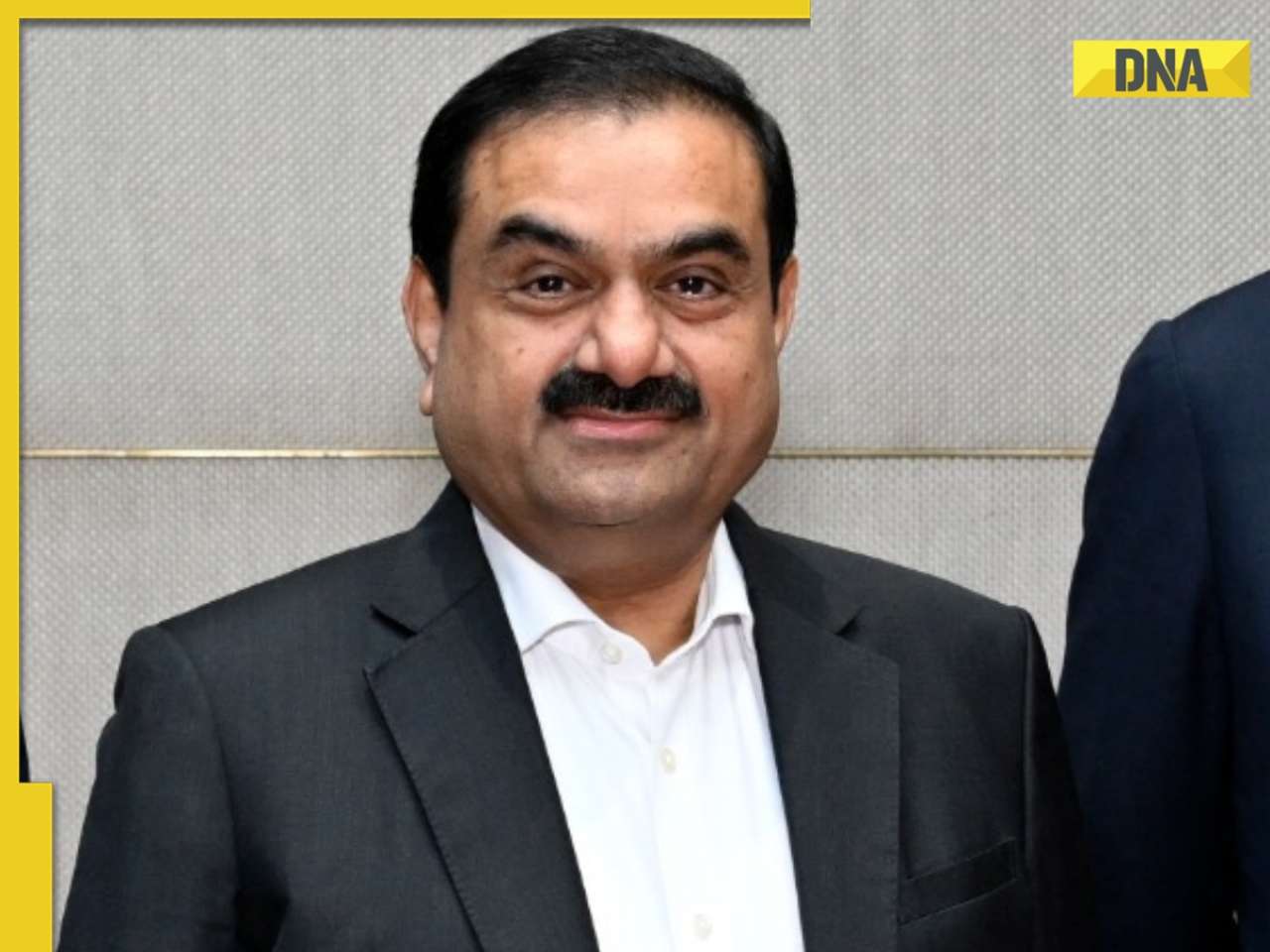






)
)
)
)
)
)
)
)
)
)
)
)
)
)
)
)








